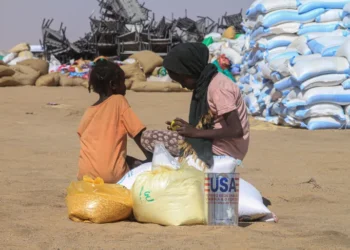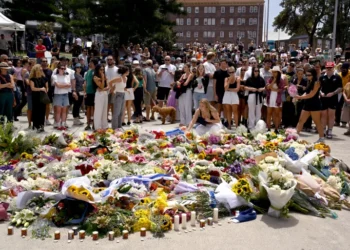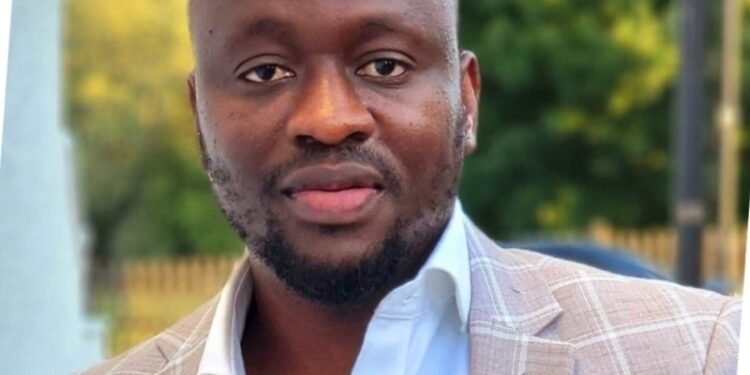Kristalina Georgieva, IMF Managing Director has called on countries to make digital financial inclusion a top priority as the global economy recovers from the coronavirus pandemic.
According to her, digital financial innovations can open up new possibilities for people around the world. She noted that there is more demand for digital financial services and more opportunities for financial inclusion. She cited mobile money apps as becoming even more relevant when social distancing is necessary.
“Those should be made as broadly available as possible to everyone, everywhere. Prioritizing development finance for digitalization and financial inclusion is paramount if we want to prevent the danger of a more unequal world”.
Ms. Georgieva made this remark at a Virtual Conference on Financial Inclusion and Cybersecurity Co-hosted by International Monetary Fund, Carnegie Endowment for International Peace, World Bank, and the World Economic Forum on 10th December 2020.
She noted that on average, 106 people gain access to the Internet in sub-Saharan Africa every second and hackers attack computers with Internet access an average of once every 39 seconds.
“If these statistics hold, in just a minute of me speaking over 6,000 people would gain access to the Internet in sub-Saharan Africa. This is great news. But somewhere, someone is under a cyber-attack, with another one just about to hit”.
She stated that COVID-19 has accelerated digital advancements with opportunities multiplying at a faster pace.
“But so are the risks. And if we want to harness the great power of technology to lift people, we need to deal effectively with the threats that can bring technology down and harm lives and livelihoods”.
This, according to her matters tremendously for financial inclusion as an area where the digital transformation creates so many opportunities. To her, Financial inclusion is one of the most powerful tools we have to fight poverty and lift living standards. It is also crucial for empowering women.
“The good news is that we have already made some great strides toward financial inclusion. An additional 1.2 billion adults worldwide have gotten access to a bank account since 2011. Today, 69% of adults have an account”.
Ms. Georgieva further stated that close to one-third of adults (1.7 billion) are still unbanked. About half of unbanked people include women from poor households in rural areas or out of the workforce.
“Increasingly, it is digital financial services that we are turning to close these gaps and bring finance to the most vulnerable.
“But just as we are becoming more reliant on digital financial services, the number of cyberattacks is growing. Attacks have tripled over the last decade, and financial services continue to be the most targeted industry. Attackers target large and small institutions, rich and poor countries, and operate without borders.
“These cyber-threats can have a grave impact on financial stability — the subject of a Staff Discussion Note the IMF has just published this week: “Cyber Risk and Financial Stability: It’s a Small World After All.” And in threatening financial stability, cyber-attacks can also deny people the benefits of financial inclusion.
“So make no mistake: in this digital world, efforts to expand financial inclusion and strengthen cybersecurity must go hand in hand”.
She also called for the need to build a safe, secure, and robust system that supports digital financial inclusion.
“Nowhere are there more possibilities for damaging disruptions from cyberattacks than in the financial sector – a highly interconnected network where important transactions are happening rapidly among many different actors, and where trust is critical. A major cyberattack could seriously threaten financial stability”.
She advocated collaborative efforts to ensure financial inclusion and cybersecurity.
“We must work together.
“Over the years, each of our respective institutions has placed significant emphasis on these different areas – both financial inclusion and cybersecurity. But we cannot fulfil these core objectives in silos. That is a big reason we are having this workshop — to bring together all the relevant stakeholders to share our knowledge and enhance our collaboration”.






















